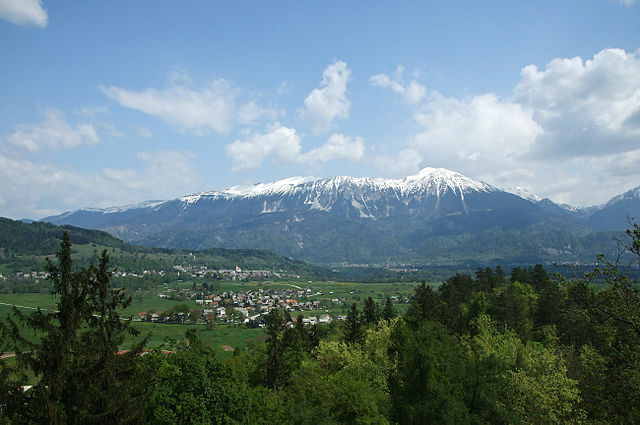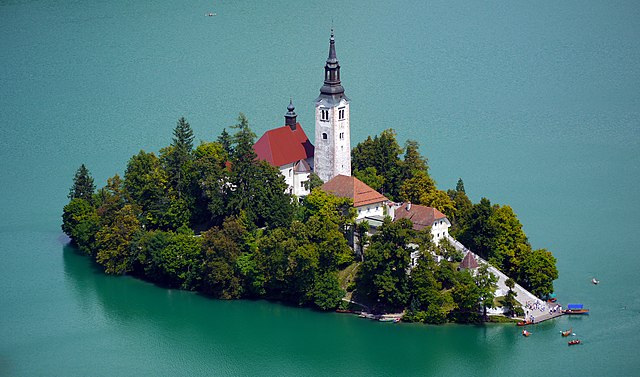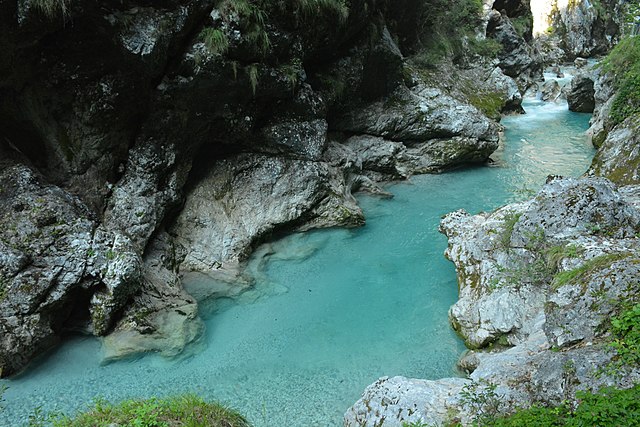What is your connection to Cankar and Slovenia?
Andreja: I was born and I lived in Slovenia before moving to Canada in 2012. Cankar is like Shakespeare there, his work is widely thought in schools and performed in theatres all over the country. He is Slovenian most celebrated playwright, and writer and everyone knows some of his works. As a professional theatre director I was of course familiar with his work when I was still living in Slovenia, and I frequently saw the shows he wrote in various theatres. However, I was not drawn to his work as a director at the time. I think I was oversaturated with his work while living in the country. Once I moved to Canada, I felt like I started seeing my country in an entirely new light. Then, I started reading a lot of Slovene authors again, and this time with a new perspective.
How did this project come to be?
Andreja: I was looking for a Slovene play to pitch to some Canadian theatres. At the time I was certain Cankar’s work was translated to English. However, when I started looking for the translations, I could’t find any. I called the national library, PEN society in Slovenia, several theatres and publishers and everyone was convinced the plays existed in English. Well, they didn’t. Cankar is translated to more than 15 languages but English was not among them, which was a complete oversight and assumption on everyone’s part. Once I learned that, I approached Prešeren theatre Kranj, where I directed before, if they would be interested in partnering on the first translations of Cankar’s plays in English. Mirjam Drnovšček (the general Manager at the time) and Marinka Poštrak (the artistic director at the time) were both super enthusiastic to support the project.
How did the practical part of the project some together?
Andreja: We were lucky that European Commission had an open call for translations from smaller languages into large ones at the time. I prepared the application together with Mirjam, who also secured funds from the Slovenian government. Both of our organizations (Prešeren theatre Kranj and Crane Creations Theatre Company) contributed resources and we have a lot of partners who helped us with various aspect of this really colossal and historical project. Imagine! A small nations most important playwright accessible to the world for the first time! I am elated!
Slovenia is a very young country, how do you think Cankar’s ideas impacted its formation?
Andreja: It’s true, Slovenia is a very young country, it gained independence during my teenage years and in a way Cankar and the circle of intellectuals and thinkers he belonged to initiated this process 120 years ago. My nation, Slovenian nation, was not really considered a nation until about the time Cankar wrote these plays. Historically we were always under some empire’s rule, we were always just peasants and workers, or “lackeys” to foreign lords as Cankar calls it. So many empires tried to eradicate the language and it feels almost like a miracle that my very unique Slovene language, spoken by 2 minion people, survives to this day.
How is Slovene language unique, and how does Cankar use it in his plays?
Andreja: It is very unique, and hard to learn as a foreign language! Haha…We use dual in addition to singular and plural, every word’s ending is changing in relations to several parameters and it has a huge vocabulary. It is a beautiful language to write in, especially poetry can capture things that English has a hard time expressing sometimes. For example, translations of Shakespeare or other writers are able to retail all complexities of the original, the iambic pentameter, the rhyme, wordplay…Slovene language belongs to the Slavic group of languages, which means it is related to Russian or Polish, but only as much as English is related to Swedish or Dutch. Cankar plays with the language a lot and sometimes uses words from other south Slavic languages such as Croatian to indicate a political leading oh the newly forming national identity. He also invents some new words, especially in the play Hlapci (Lackeys which is impossible to translate to English to the degree it plays with words in the original.
Cankar was basically writing at the time when the very idea of Slovene identity was only being formed?
Andreja: Yes, he lived in a fascinating time! The territory now known as a country Slovenia was a part of the Austro-Hungarian Empire which fell apart during the first world war. Cankar was very active politically, he even ran as a candidate at elections. His plays are political, but what is fascinating is that he sees several sides of the same narrative. He writes about identity a lot, about an idea of the nation. He writes as if a nation is a political construct created for advancing personal gain, rather than a real identity. So many of his characters excuse terrible actions in the name of some ideology, and when I read these plays today, they feel very relevant.
How are his plays relevant today?
Andreja: We are seeing a rapid rise in politicians using identity politics as a tool to get to power. We are also seeing a huge divide between the rich and poor just like in Cankar’s time. There was a sense of very opposing ideologies of left and right in his time and we have the same political divide today. Cankar’s plays capture the reckless use of identity politics in his time, which led to two world wars: first world war was actually directly influenced by the fragmentation process and identity formations of the slavic nations. How do you see his work now?
Andreja: I am amazed how visionary it was for the time! Cankar basically foreshadowed huge historical events like the rise of communism and the world war. He captured the rising class tensions and literally documented how the country I was born in formed its national identity and finally became a country.
What part of the project was the most challenging?
Andreja: Coordinating everything! We have translators in three different countries, on two continents. The time difference made our working hours very interesting sometimes. Also, some people working on the project don’t speak Slovene (designer), so I became the Slovene interpreter too. To top it all off the pandemic started right in the middle of the project so things got delayed, promotions got cancelled.
Lastly, do you have a favourite play?
Andreja: Oh, no! It’s like asking a parent about favourite children! (laughing) Overall, For the Good of the Nation is my favourite, both in Slovene and English. It’s a fun piece with great characters. I’d love to direct that play in English. Beside that, I really like Lepa Vida, which, I must confess, reads even better in English that in Slovene. Tina Mahkota and Tom Priestly really did a remarkable job with it. I also like the flow of King of Betajnova and playfulness of Depravity. It’s so hard! They’re all good
What did you learn?
Andreja: A lot! I learned how much personal investment and passion is needed to get work from one language to another. Working on this project makes me appreciate translations in a completely new way! I am so grateful to people who take the time, and effort to make books, and especially plays more accessible. How many more undiscovered playwrights are out there? How can we include more playwrights from around the world into our theatres and excite people about their work?










